On Tuesday March 29, 2022, the ‘plane’ taking the Super Eagles to Qatar 2022 crash-landed on the tarmac of the Moshood Abiola International Stadium, Abuja. It was both fatal and catastrophic in the wake of some tragic events following the crash.
It will take a long, torturous and painful forensic investigation to unearth the full extent and implications of the events of that night.
So, permit me to take a short-cut, cut out all the fine details, and look at a basic and most straightforward cause of this monumental catastrophe, for that’s what the encounter with the Black Stars of Ghana, last Tuesday, would turn out to be when the full costs to Nigeria are counted.
To start with, and ironically too, the Super Eagles did not actually lose the match. They did not lose the first match in Kumasi either. In both matches, they did not play as if their lives depended on it, so they did not win. They were not psychologically primed enough. Except Osimhen, of course, this last Tuesday night in Abuja.
These Black Stars were the worst I have seen of the Ghana national team since I have been watching or playing against them from the early 1970s to date.
In Abuja, last Tuesday, they were simply lucky. The only single shot they took at the Nigerian goal throughout the 90 minutes duration of the match, a half chance from outside the box that should have been easily dealt with by any average goalkeeper slipped through his hands. That single shot produced their only goal. It must now rank amongst the luckiest goal in Ghana’s entire football history.
After that, the match could have gone on for the next one year and the Ghanaians would not have scored a second goal.
On the other hand, the Nigerian team also had only one clear chance at their goal, besides the ball that Osimhen scored but was eventually ruled offside by VAR.
Otherwise, the only other ‘threat’ posed by the Nigerian team was the tireless but harmless running at the Ghanaian defense by Victor Osimhen. He was the thorn in flesh of the Black Stars’ defenders, keeping them busy with his pace and physicality and aerial contests. Kicking high balls upfront to him was the only system the Eagles played in the absence of players with holding, dribbling, passing and creative skills in the midfield players. The Nigerian players could not play with the physical tackles and close marking in the little space the Ghanaians gave them.
Yes, that was. It was very simple and very effective tactic that was deployed by the Ghanaian technical team. It was the same old and recycled system of play adopted by Ghanaian national teams when playing against Nigerian national teams since the 1960s. It has worked well for them through the ages. The head-to-head count of the results of the encounters speak.
However, whenever Nigeria assembled some exceptionally gifted and skillful mid-field players who could hold, dribble, pass and even shoot at goal, Ghana were usually in trouble. Ghanaian coaches know this.
That knowledge is what usually gives them the self-belief and confidence that they can always handle Nigeria. This time the elements sided with them. Nigeria did not have the dreaded midfield players that would threaten them. They saw it in the Cameroon during AFCON 2021. They capitalized on it in Kumasi and Abuja.
That’s why, when the two countries came out of Cameroon and saw they would be meeting each other for the two-legged qualifying matches, the Ghana High Commissioner to Nigeria, Ambassador Rashid Bawa, called me up that night and confidently boasted that notwithstanding Ghana’s weaker team, Nigerians would be making the greatest mistake if they took the Black Stars for granted. He said, unequivocally, that Ghana have Nigeria’s number.
He was right as things have now turned out.
Following my personal experiences playing a few times against the Black Stars, and checking through the statistics of previous meetings, he may be right.
So, all Ghana needed to do last Tuesday was play cautiously according to the simple script and pray for a lucky goal. They played very aggressively, tried to get to every ball first, did not allow the Nigerian midfield to have time and space on the ball, allowed the Eagles to launch their high balls upfront as their only attacking option, and the Eagles were neutralized completely. The Nigerian team did not construct anything for 90 minutes.
It is a simple system every Nigerian coach worth his salt should know. No other team plays Nigeria that same way. The records speak.
The generation of Augustine Eguavoen, followed by the Jay JayOkocha generation, with very skillful midfield players and forwards, rendered useless that style of play. During their era Nigeria started to have the upper hand and the Black Stars suffered some defeats.
Since the end of that era, in the past 11 years, both teams have not met until this past week. The present generation of Nigerian players, especially all those that were honed in the tradition of European football, unfamiliar with the hardness of African football and the style of the Ghanaians, and with only three days of tutelage before the match, became easy prey. That’s what happened last week in the two matches.
Anchoring their football roots to football in Europe where the pitches are excellent, and with plenty of space to play against more technical, rather than physical, defenders, would expose the incompleteness of foreign born and bred African players when they come to in Africa, unprepared to play the African way.
A chunk of the Nigerian players were simply not complete enough in their training and experience of African football to be able to cope well with only a three-day training session before a crucial match such as the last qualifying match of the World Cup. Even if Nigeria had brought the best coach in the world to handle the same players, it would make little difference.
Despite all that, with a little bit of luck, the Super Eagles could have scored a second goal last Tuesday and the story and reactions would have been completely different. No one would have seen all the deficiencies that have now filled the airwaves of since last Tuesday. Luck deserted the team.
The irony is that these same set of Super Eagles players would have gone to the World Cup and played some majestic football. The spaces to play would be available against most teams and the physicality a lot less, two conditions that will enable them express their abilities much more than they could do playing in Africa, particularly against Ghana.
At the end of the day, the stark reality is that the Super Eagles were not good enough last Tuesday night. They did not play well. They did not deserve to win. The Ghanaians were, indeed, worse in every department except team tactics and psychology. Most importantly, they had ‘Mother luck’ to thank for their trip to Qatar.
Nigerians were frustrated, angry and dejected.
Victory would have been a soothing balm, some psychological relief, for the entire country.
Unfortunately, there are too many whose livelihood is tied to the fortunes of Nigeria’s national football teams. You find them in the commerce around Nigerian football grounds and clubs. They are the agents, the coaches, the scouts, the club owners, the traders, the caterers, the hoteliers, the travel agents, the security agents, the transporters, the owners of bars and lounges, the publishers, the patrons of the viewing centres (over 4 million of them all over the country), the gaming and betting shop owners, the football players, owners of academies, merchandisers, manufacturers of sports equipment and gears, and so on, a whole planet of people directly and indirectly involved in the football business. They are all counting their losses, reeling in pain and baying for blood.
5 days after the match, many concerned Nigerians think that football should not just go back to how it was before Tuesday, March 29, 2022.
No, the pains are too deep. Some persons must be made to pay for our collective pain and humiliation.

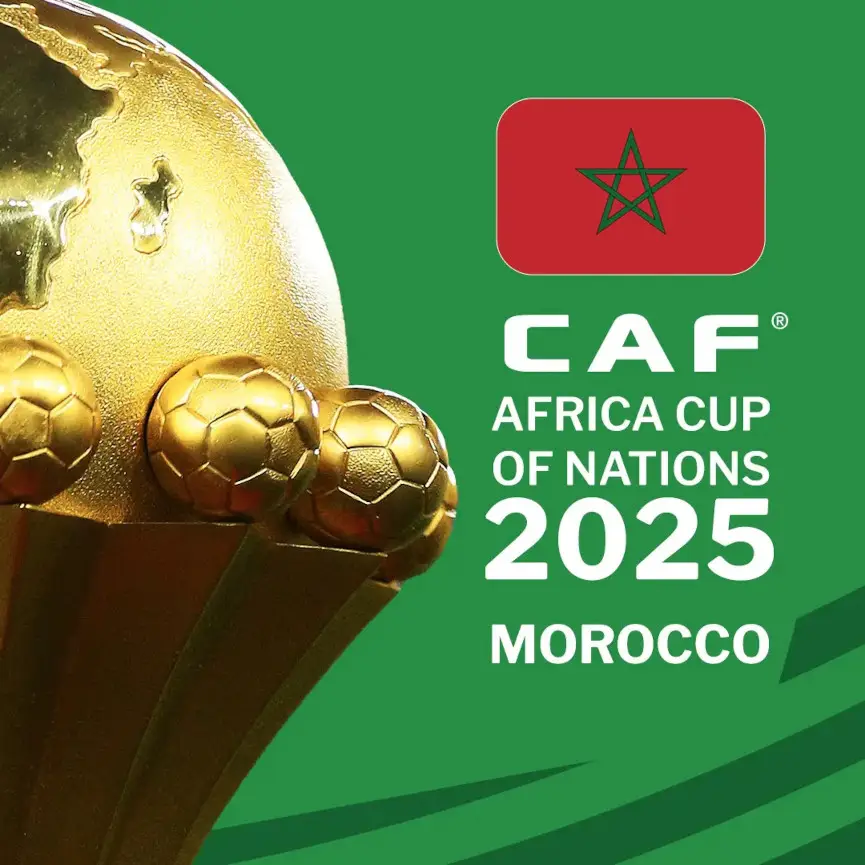
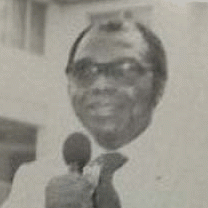
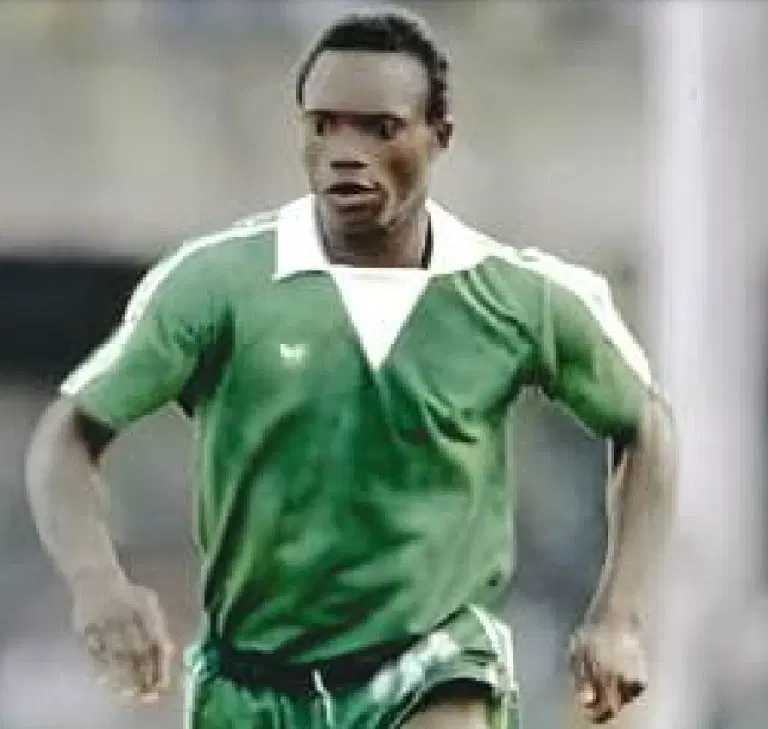
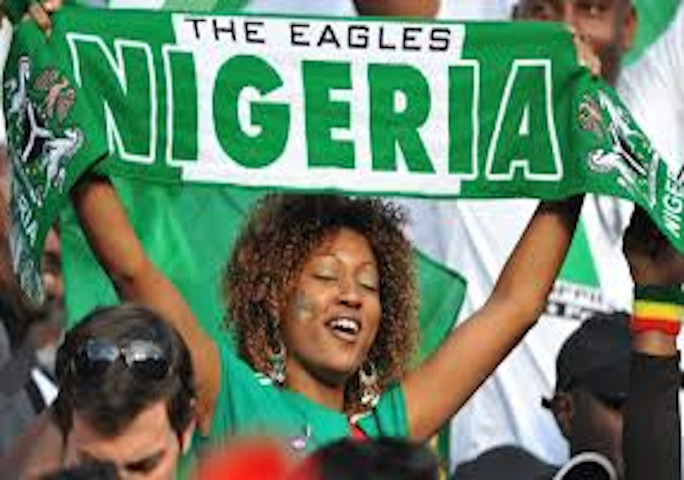
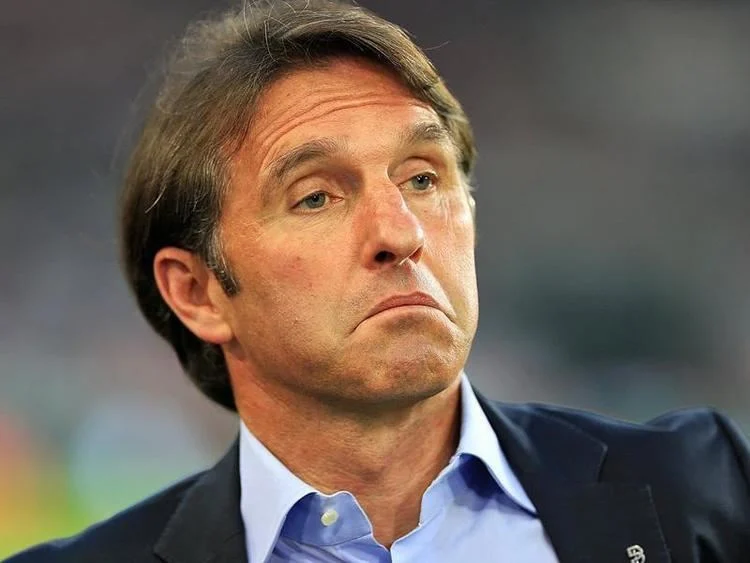



Latest Comments